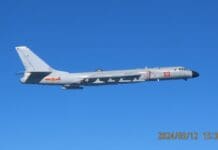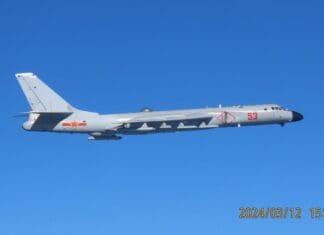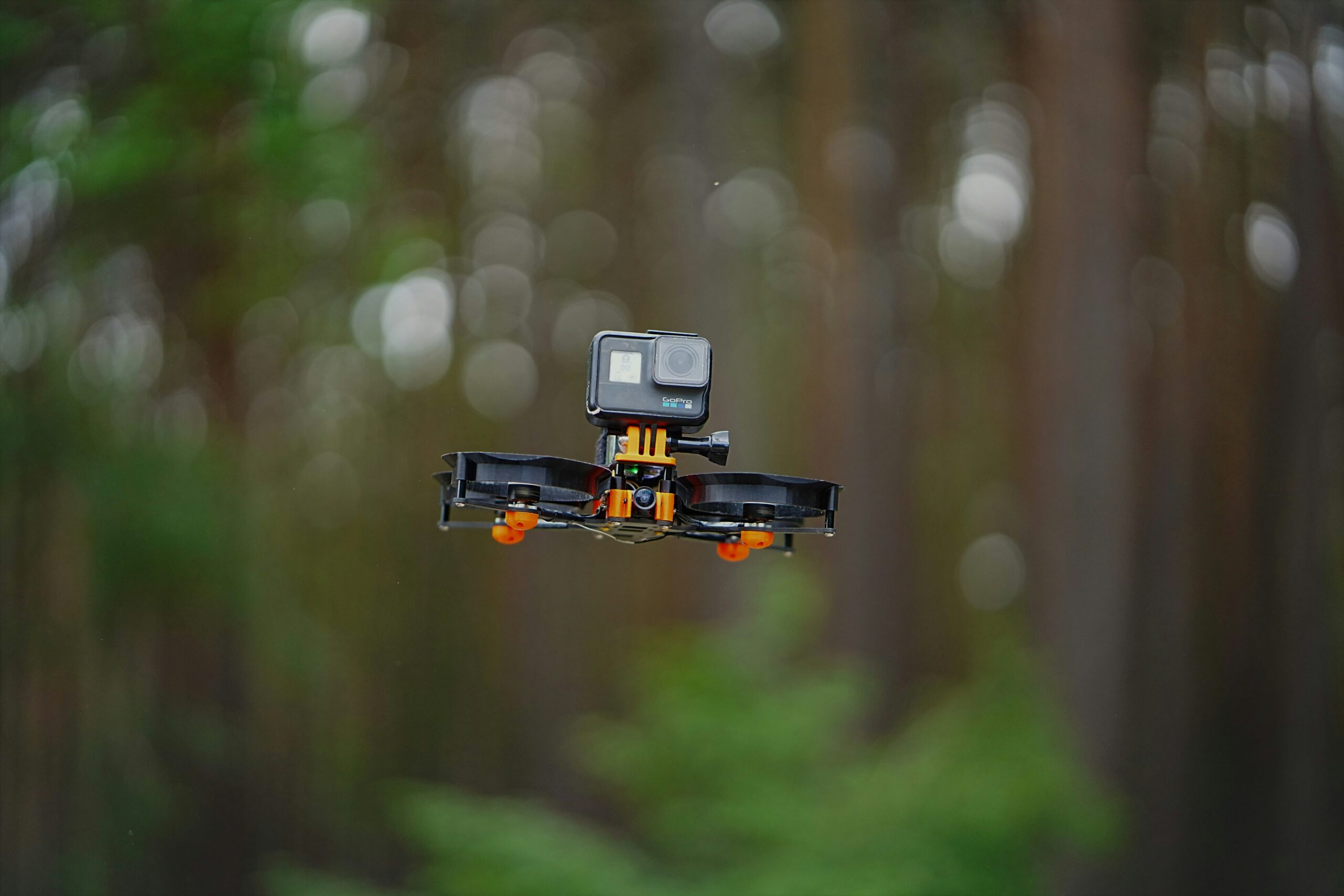This post is also available in:
 עברית (Hebrew)
עברית (Hebrew)

This is a threat taken very seriously by Britain. At the height of the Ebola crisis in West Africa last year, British military experts were asked to investigate the feasibility and likely impact of a an Ebola virus “weaponized” by terrorists.
According to HomeLand Security News Wire, the report was prepared last October, and only recently did the U.K. Ministry of Defense release a heavily redacted version of it. The report identified three potential scenarios of terrorists exploiting the Ebola virus for bioterrorism.
The Guardian reports that details of the first scenario are completely blacked out, as are most of details of the second scenario, which is described as “logistically and technically challenging for a non-state group to undertake.”
The report adds: “Clearly there are practical issues involved with such a scenario that of themselves are often not insurmountable, but taken together – they do indeed add to the complexity of successfully undertaking this attack.”
The third scenario, the details of which are also mostly redacted, was described as the “most technically challenging.”
The guidance was drawn up by the MoD’s Defense Science and Technology Laboratory at a time when there was a growing concern about the spread of Ebola in West Africa, and a plan to test travelers at U.K. airports was being put in place.
The Guardian also notes that it is not clear who requested that the guidance be prepared, and whether it was senior civil servant or a minister.
Register to iHLS Israel Homeland Security
The report states, however, that it was sought after a phone conversation on “the feasibility of a non-state actor exploiting the Ebola outbreak in West Africa for bioterrorism.”
The document was released by the MoD after a Freedom of Information request. The MoD noted a number of exemptions which allowed the information to be redacted, including on the grounds that disclosure would prejudice the capability and effectiveness of the armed forces and public safety.
Jennifer Cole, a senior research fellow at the Royal United Services Institute for Defense and Security Studies (a DoD-funded body), said she wasn’t surprised the report had been drawn up. “The US and UK military have been carrying out research for some time into infectious diseases,” she said. “The fact that vaccines are so far along in development is because of concerns that the US has had about the virus being weaponized.”
Tragically, the Ebola outbreak in West Africa painfully reminds us of the fragile state of health infrastructure in poor countries — as well as of the seemingly limited impact of global health governance. Though cold comfort, many of the experimental drugs that could help defeat Ebola also remind us of the benefits of military and civilian biodefense R&D. Biodefense efforts try to limit the damage from biological weapons.
The Soviet Union investigated Ebola as a biological weapon during the Cold War, although the Soviets didn’t mass produce the virus as a weapon – in contrast to smallpox and other pathogens.

























